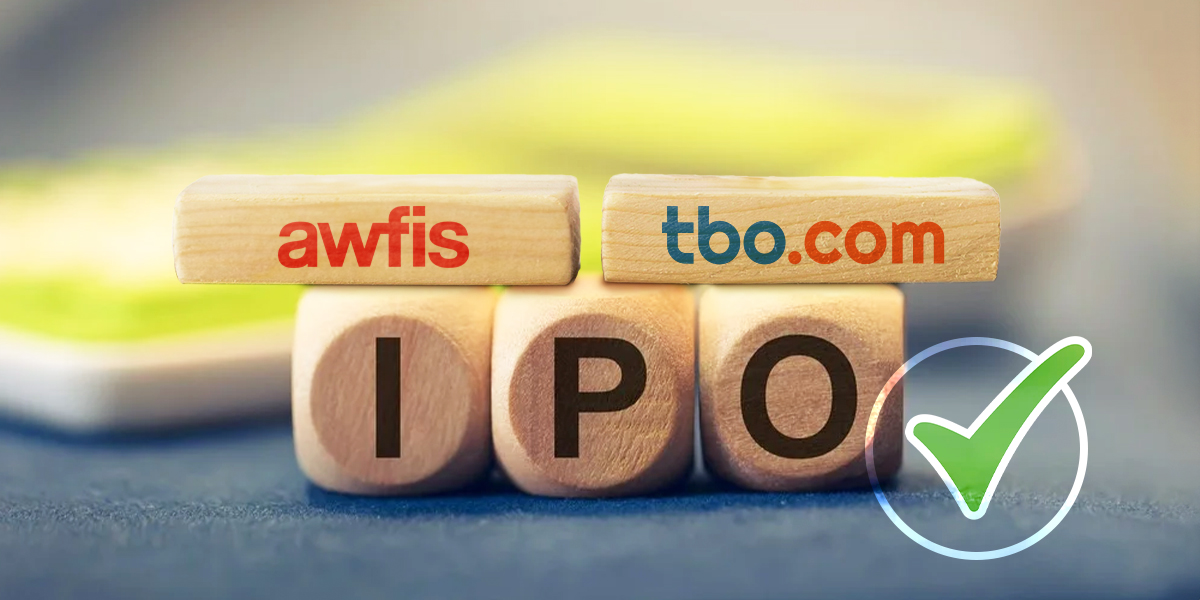The Madras High Court has barred Google from delisting apps of firms, which had moved the court against the Google Play billing system, Economic Times reports.
Petitioners, however, have been asked to submit a report to Google on the number of downloads for the month of June.
Earlier this week, Indian startups TrulyMadly, KukuFM, Unacademy, and QuackQuack had moved the high court challenging Google’s billing policies. These startups were joined by three more firms – Kutumb, Stage, and Aha.
The pushback from the Indian firms follows the Madras HC’s interim injunction against Google over a plea filed by Matrimony.com, an online matchmaking platform. The injunction issued on April 25 barred Google from delisting Matrimony.com apps from the Google Play Store.
Matrimony.com claimed that Google had tried to make Google Play Billing System mandatory, gave the sole option for payments, and imposed a fee of 15% – 30% depending upon the annual revenue –something which was quashed by the Indian competition watchdog.
Google later launched an alternative billing system but with a service fee framework, which includes 15% for the first $1 million revenue earned by the developer each year, and 15% for automatically renewing subscription products purchased by subscribers, regardless of revenue earned by the developer each year, among others. For India, however, Google had reduced the Google Play service fee by 4% for those choosing to pay through the alternative billing payment.
Last month, Google published a blog highlighting that investments in Android and Google Play have helped support the growth of India’s app ecosystem. It said Play’s service fees are the lowest among major app stores, and only 3% of developers in India sell digital goods or services and therefore, would need to pay a service fee.
However, it said it would take necessary steps to ensure its billing policy is applied fairly.
“Most developers globally have already elected one of these routes. In India, now that the deadline has passed, we are informing developers in the country who have not yet implemented one of these options that we will be taking necessary steps to ensure our policy is applied fairly. We continue to comply with local laws and cooperate with local proceedings, as applicable,” the company said.














